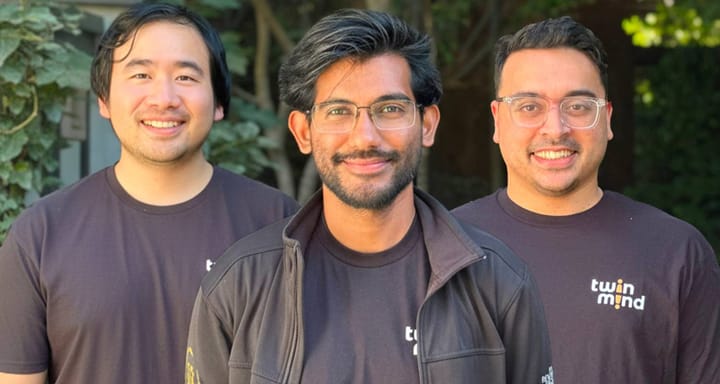Aramco's Venture Capital Arm Invests in Tenderd
Wa’ed Ventures, the Saudi Arabian venture capital arm of Aramco, has recently announced a strategic investment in Tenderd, a Dubai-based startup specializing in AI-enabled technologies for real-time emissions intelligence.

Wa’ed Ventures, the Saudi Arabian venture capital arm of Aramco, has recently announced a strategic investment in Tenderd, a Dubai-based startup specializing in AI-enabled technologies for real-time emissions intelligence. Tendered also has support from significant backers, including Y Combinator, Peter Thiel, BECO Capital, and Dynamo Ventures.
This partnership is an affirmation of Wa’ed Venture's commitment to sustainable solutions and decarbonization efforts in the industrial sector, particularly in the construction and logistics industries. As the world grows more conscious of the climate crisis, companies like Tenderd are leading the change in heavy industries, which account for a significant 40% of the global GDP.
Currently, these industries are struggling with inefficient operations and high carbon emissions due to a lack of operational intelligence. These sectors spend $2 trillion annually on operating capital equipment, but low utilization rates—only around 50%—result in over a billion tons of excess CO2 emissions and wasteful expenditure of $500 billion each year.
Tenderd's cutting-edge technology is stepping in to tackle these daunting challenges. The platform's AI-generated insights are enabling companies to make better operational decisions, yielding both cost savings and improved resource utilization. Most importantly, the adoption of such technologies is significantly reducing the environmental footprint of these industries.
Funding led by: Wa’ed Ventures (Venture capital arm of Aramco)
Total Funding Amount: 5.8M
Funds Use: To enhance operations and fuel development initiatives
About: Tenderd leverages AI technologies to provide real-time emissions intelligence. Its platform, offers customers crucial AI-derived insights for maximizing asset utilization and minimizing emissions.



